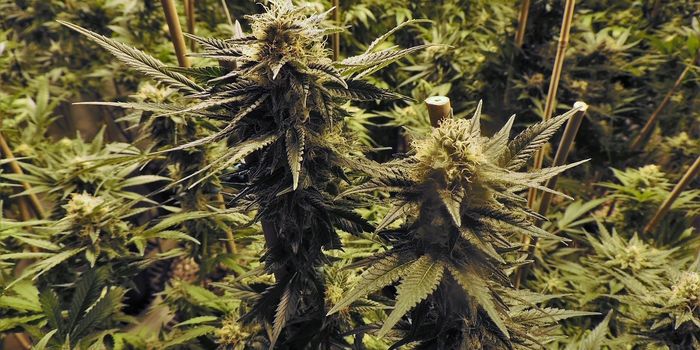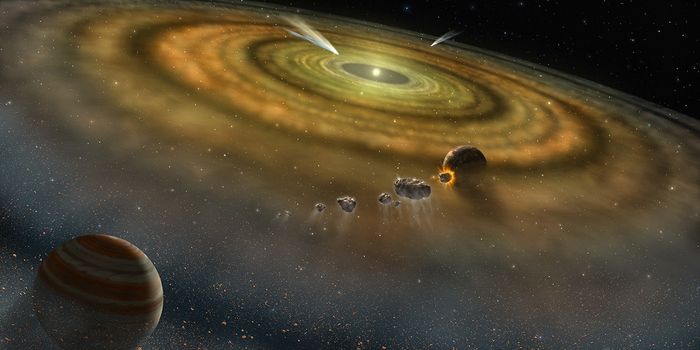It's time to pull in the big data
Scientists from the Florida Museum of National History have banded together to urge other scientists to take advantage of open-access big data to solve long-unanswered questions regarding plant diversity and evolution, in an attempt to predict our planet’s biological future.
"Using big data to address major biodiversity issues at the global scale has enormous practical implications, ranging from conservation efforts to predicting and buffering the impacts of climate change," said study author Doug Soltis. "The links between big data resources we see now were unimaginable just a decade ago. The time is ripe to leverage these tools and applications, not just for plants but for all groups of organisms."
Big data refer to multiple types of information. Natural history museums have traditionally been the keepers of collections with countless numbers of specimens. Now in the digital age, much of this data has been entered into online databases, making it available to researchers and citizen scientists alike. According to Science Daily, several such databases include GenBank, which stores DNA sequences, iDigBio, a University of Florida-led effort to digitize U.S. natural history collections, and the Global Biodiversity Information Facility, a repository of species' location information.
Co-lead author, Julie Allen, explained the significance of such databases: “These resources can be valuable to a wide range of users, from scientists in pursuit of fundamental insights into plant evolution and ecology to land managers and policymakers looking to identify the regions most in need of conservation,” she explained.
Not only that, but using big data in such a manner gives us a more holistic look at the planet and allows us to consider natural history on a scale that makes sense. "We're in this exciting and terrifying time in which the unprecedented amount of data available to us intersects with global threats to biodiversity such as habitat loss and climate change," said Allen. "Understanding the processes that have shaped our world -- how plants are doing, where they are now and why -- can help us get a handle on how they might respond to future changes."
The scientists published this call-to-action in Nature Plants and hope that their fellow colleagues will be encouraged to use existing big data to better analyze the planet’s evolutionary and biological history. They also hope that other scientists will be motivated to fill in the gaps that remain and that the scientific community will work together to successfully integrate the various databases that exist to make using big data easier.









